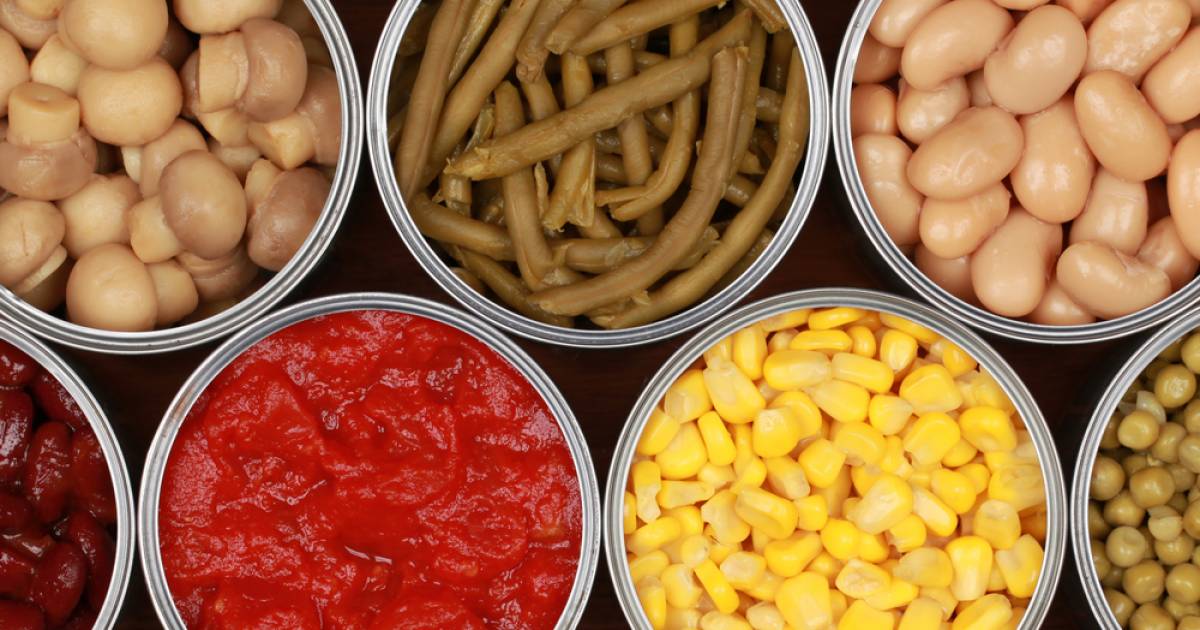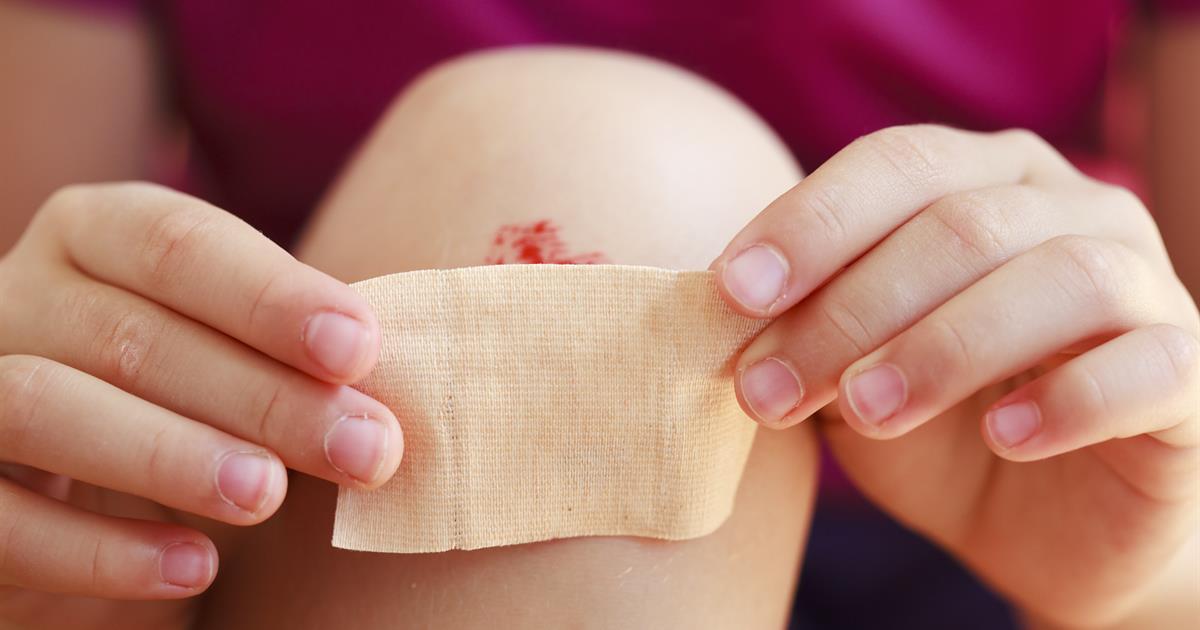Botulism 101: Types, Causes, Symptoms, Complications, Treatment, And Prevention
Foodborne Botulism

Botulism is not spread from person to person. Instead, this conditions develops due to individuals eating food contaminated with the bacteria. The bacteria form spores, which are small, single-cell bodies that germinate and grow in new organisms. Inadequately home-canned foods that contain low acid content, such as beets, corns, potatoes, green beans, and asparagus, are the most at risk for contamination and thus, the development of foodborne botulism. Foods that have not been pasteurized or are lightly preserved such as salted, fermented, and smoked meat and fish may also be risky.
Wound Botulism

Wound botulism occurs when bacteria finds its way into an open wound and reproduces. It can result from contamination of wounds by gravel, soil, or improperly cared for open fractures. Injected street drugs also cause wound botulism. A 2007 study found injection drug users are at a high risk of frequent and severe cases of wound botulism. Almost all cases of injection drug-associated botulism are users of a type of heroin known as 'black tar,' which is a specific preparation of heroin injected by 'skin-popping.'
